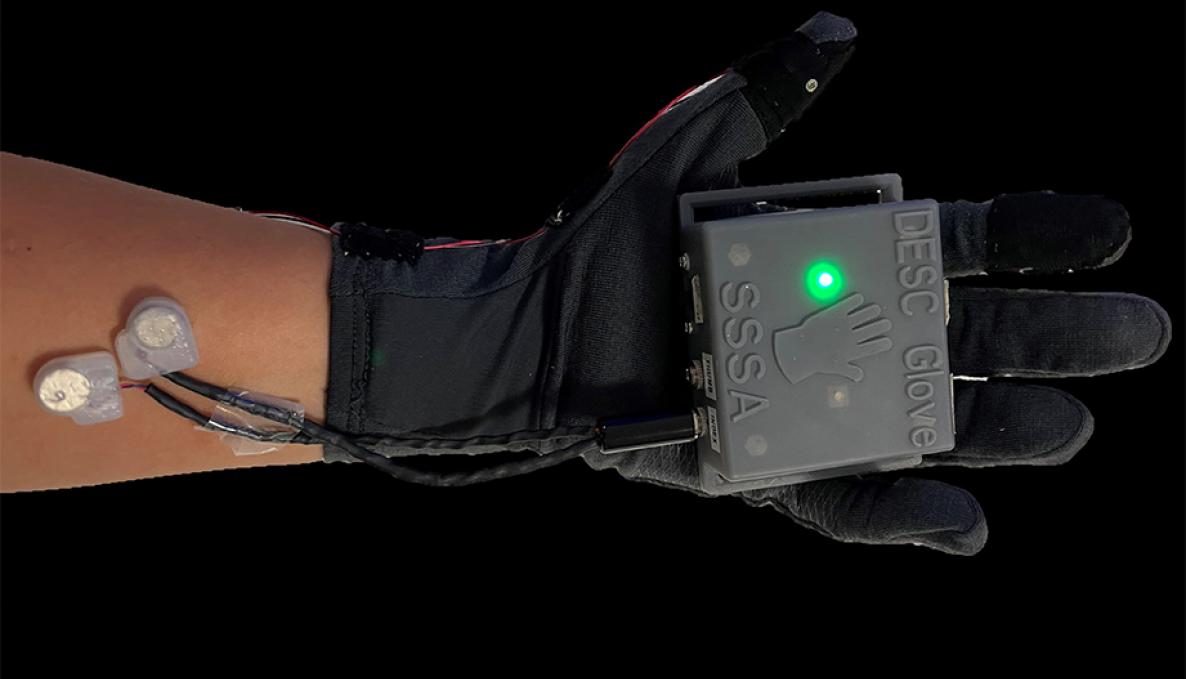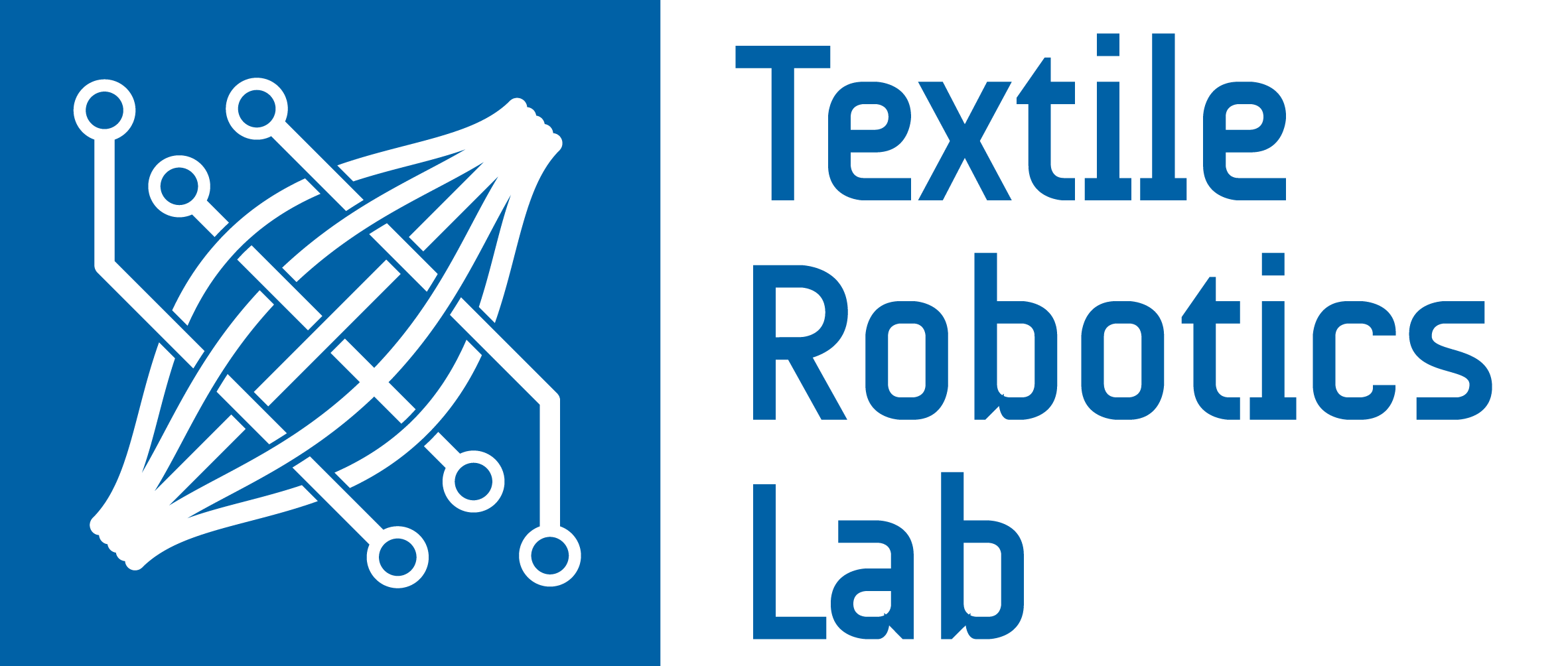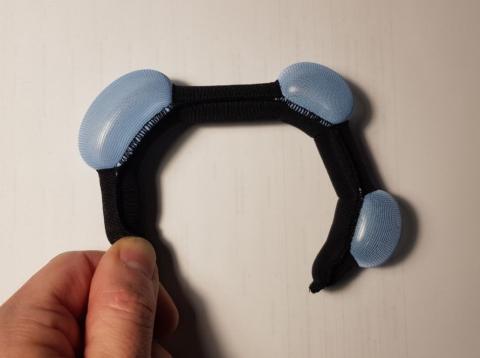Textile Robotics Lab

The Textile Robotics Lab at the BioRobotics Institute conducts research in the fields of materials technology, human-machine interfaces, and soft robotics for the development of robotic systems based on functional textile materials. Thanks to their exceptional physical properties, textile materials allow for the creation of extremely lightweight and robust robots that are mechanically "transparent”, meaning they can be worn without restricting the user's movements. The lab is involved in research projects in the areas of assistive and rehabilitative robotics and human-robot interaction.
The main research areas include: the development of actuation and sensing technologies based on textiles, the development of integrated systems (wearable and non-wearable) based on textile materials for sensorimotor rehabilitation and assistance, the development of innovative human-robot interfaces to allow for gentle but energetic interaction between the human body and the machine, maximizing effectiveness.
The Textile Robotics Lab collaborates closely with the Artificial Hands Area, to which it belongs, for the development of augmented sensory feedback systems, as well as with the Wearable Robotics Laboratory on aspects related to wearable systems.
The Textile Robotics Lab is where the ERC-funded project MUSE - MusculoSkeletal Expansion - is pursued. MUSE aims at developing an unprecedented osseointegrated assistive exosuit to enhance upper limb motion through the integration of cutting-edge actuation technologies, seamless human-machine interfaces, and groundbreaking sensory feedback strategies, with the ultimate goal of empowering individuals affected by sensorimotor impairments.
Find out more...
Would you like to stay up to date with our research activities?
Visit the website https://textileroboticslab.santannapisa.it/ to discover our projects, scientific publications and our initiatives.





